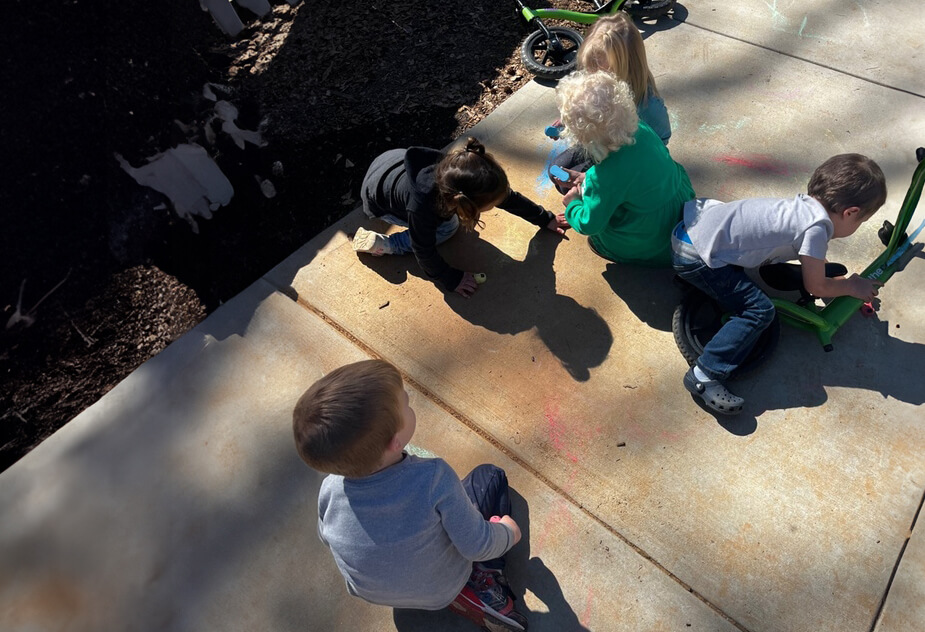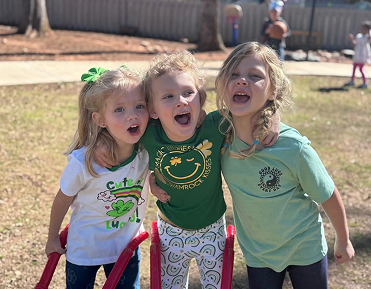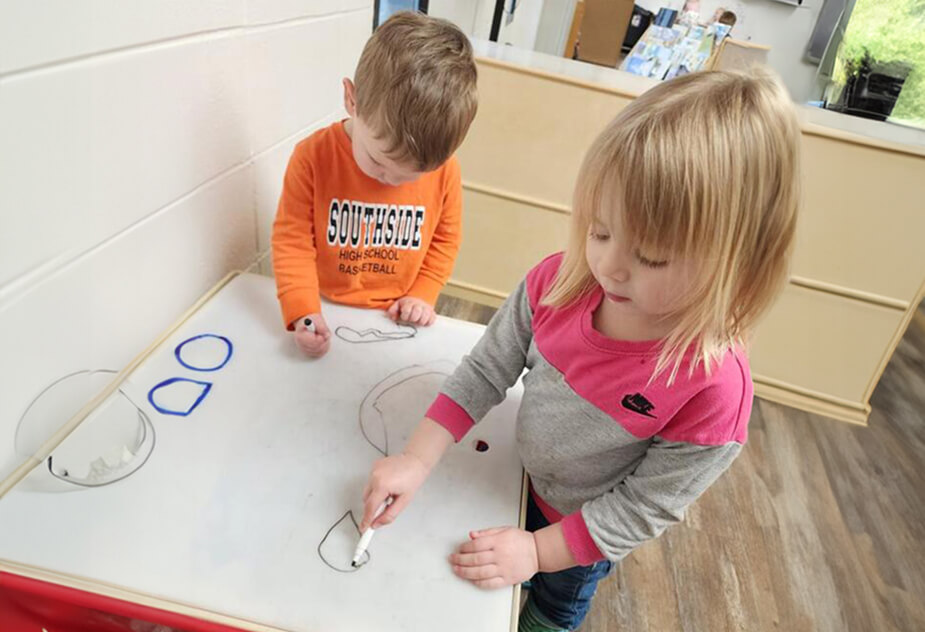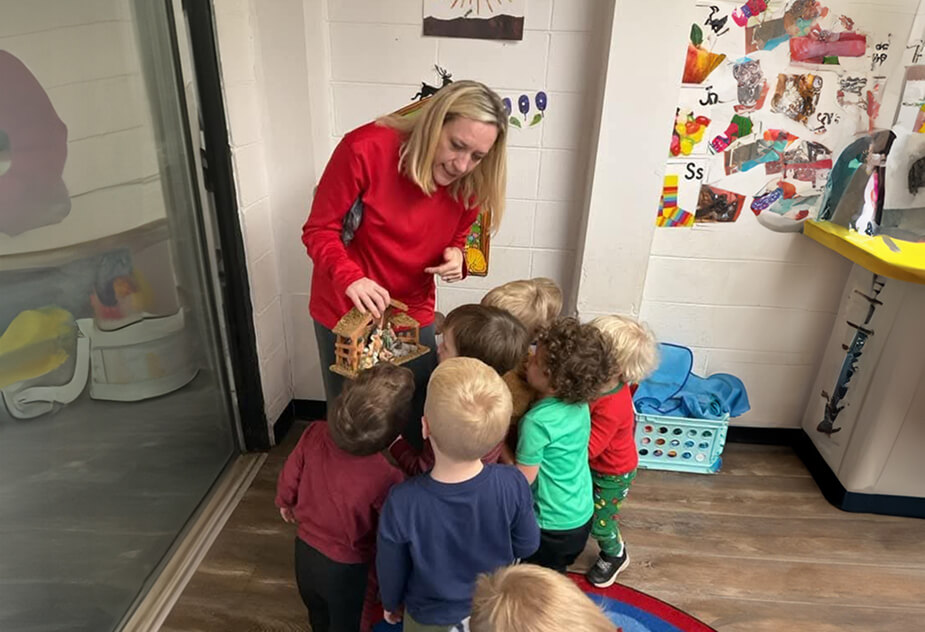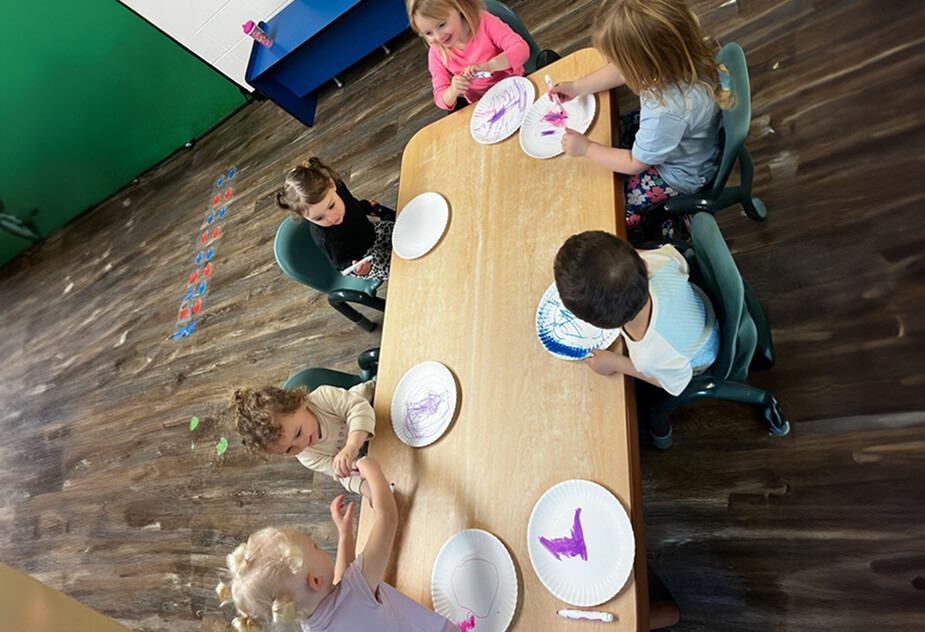In the formative years of childhood, developing strong social skills is as crucial as academic readiness. Social interactions help young children understand communication nuances, cooperation, and empathy, setting a foundation for their future relationships. Integrating games and activities into their daily routine is an excellent way to enhance these skills in a fun and engaging manner. This blog explores various games and activities that not only entertain children but also significantly boost their social abilities, preparing them for school and beyond.
The Role of Play in Social Development
Understanding Social Skills
Social skills in young children involve abilities like sharing, taking turns, listening to others, and understanding feelings—both their own and others’. These skills are crucial for making friends, solving conflicts, and navigating the social world effectively.
Benefits of Play
Play is the natural medium through which children learn and practice these skills. Through both structured and unstructured play, children experiment with social roles, learn to negotiate, and solve problems. Research consistently shows that children who engage in regular play activities with peers develop stronger social skills and are generally more emotionally attuned.
Group Games That Encourage Social Interaction
Team Sports
Simple team sports like soccer, basketball, or tag are great for teaching young children the importance of teamwork, following rules, and the spirit of fair play. Participating in these sports helps children learn how to cooperate with others towards a common goal and deal with both winning and losing gracefully.
Board Games and Card Games
Games such as ‘Snakes and Ladders’ or ‘Uno’ require players to take turns and follow rules, which are essential components of social interaction. These games also provide opportunities for young children to practice patience and handle frustration when the game doesn’t go their way.
Role-Playing Games
Pretend play allows children to step into different characters, which can greatly enhance their empathy and understanding of various perspectives. Whether it’s playing house, school, or a professional scenario like doctors or firefighters, role-playing develops verbal and non-verbal communication skills critical for social interaction.
Activities to Enhance Communication Skills
Storytelling Activities
Engaging children in storytelling or having them act out stories with puppets can significantly enhance their language skills and ability to express complex ideas. This activity also helps children understand the structure of stories, which is crucial for developing their ability to predict and understand other people’s behaviors and motives.
Music and Dance
Participating in group music activities such as singing songs or moving rhythmically with others can improve children’s listening skills and their ability to work synchronously with others. Dance activities particularly help in understanding non-verbal cues, which are a significant part of daily communications.
Art Projects
Engaging in group art projects can be very beneficial for young children. Creating a mural together or a collaborative sculpture teaches them about sharing resources, negotiating space, and expressing their ideas in the presence of others, fostering respect and appreciation for diverse perspectives.
These activities are not only fun but are instrumental in building the social fabric of young minds. Through such interactive and engaging methods, children learn the essential skills needed to navigate their social environments effectively.
Cooperative Activities for Problem-Solving
Building and Construction Games
Engaging children in building structures using blocks or construction sets not only promotes motor skills but also encourages problem-solving as a team. Children learn to discuss ideas, plan together, and execute their projects, adjusting their strategies as needed to achieve their construction goals.
Puzzle Solving Together
Working on puzzles in small groups helps children develop patience and persistence, as well as the ability to communicate effectively and listen to others’ suggestions. It teaches them the importance of teamwork and shared success.
Treasure Hunts
Organizing treasure hunts that require children to solve clues together can enhance their problem-solving skills and ability to work as part of a team. This activity encourages them to think critically and make decisions collectively, fostering a sense of community and cooperation.
Implementing Social Skills Activities in Various Settings
At Home
Parents can encourage social skill development at home by organizing playdates and small group activities where children can practice interacting in a safe and familiar environment. Encouraging children to participate in household chores and activities also promotes a sense of responsibility and teamwork.
In School
Educators can integrate social skills games and activities into the daily curriculum by setting aside specific times for group activities and cooperative learning projects. Regular classroom routines should include activities that require students to work together, share resources, and help each other.
In Playgroups
Playgroup coordinators can facilitate structured play sessions that include games and activities specifically designed to build social skills. Regular sessions focusing on teamwork and cooperative play can significantly enhance children’s social abilities and confidence in group settings.
Conclusion
Incorporating games and activities that enhance social skills into the daily lives of young children is crucial for their overall development. These activities not only prepare children for academic success but also teach them valuable life skills such as empathy, cooperation, and effective communication. By fostering these skills from a young age, we prepare children for a future where they can confidently navigate the social complexities of the world.
Share your experiences or tips on fostering social skills in young children in the comments below! Let’s collaborate to raise empathetic, cooperative, and socially skilled children.

